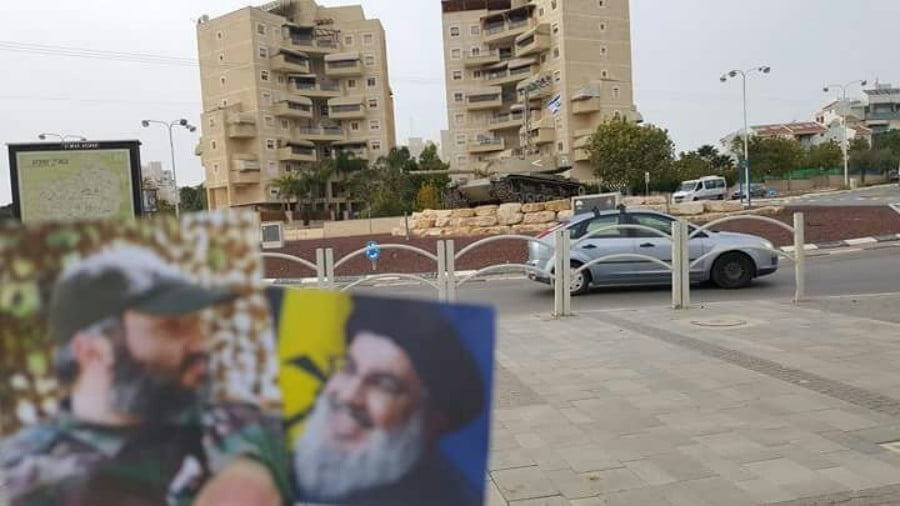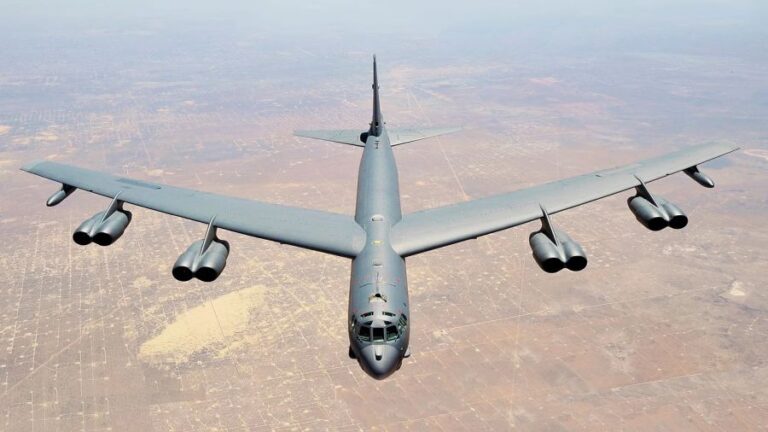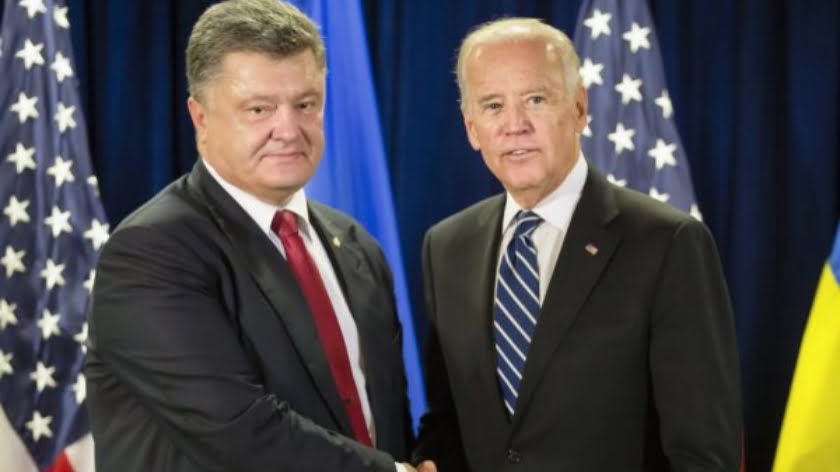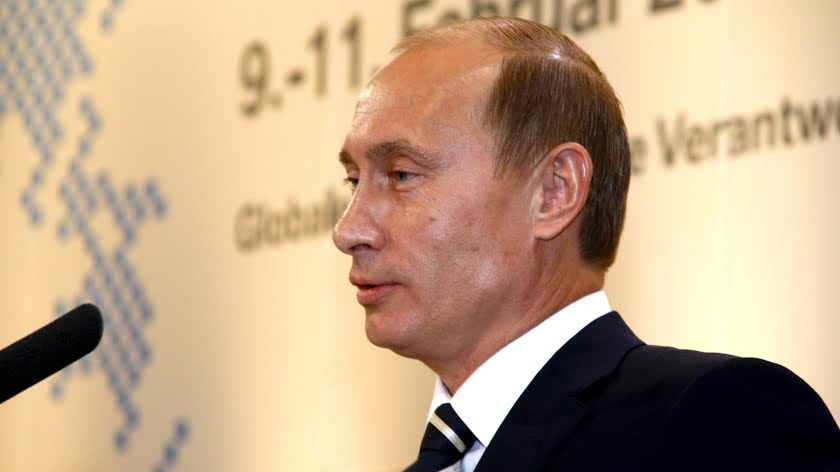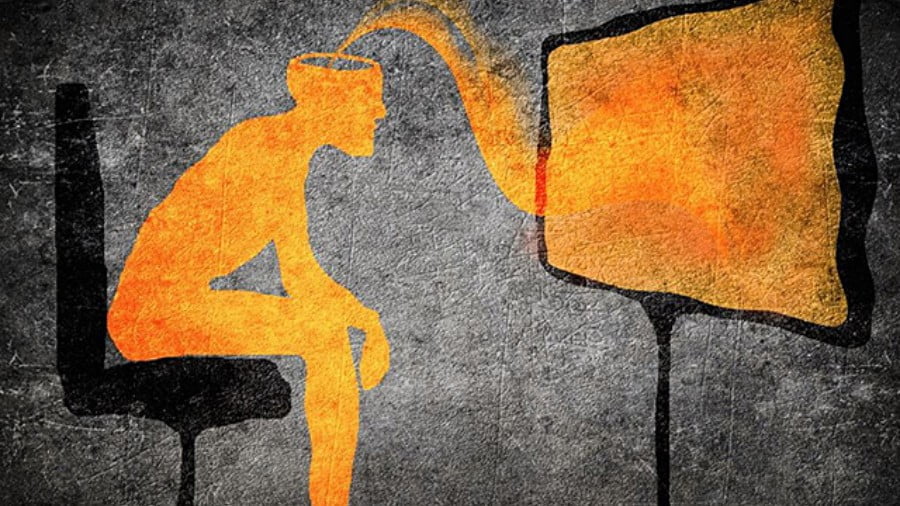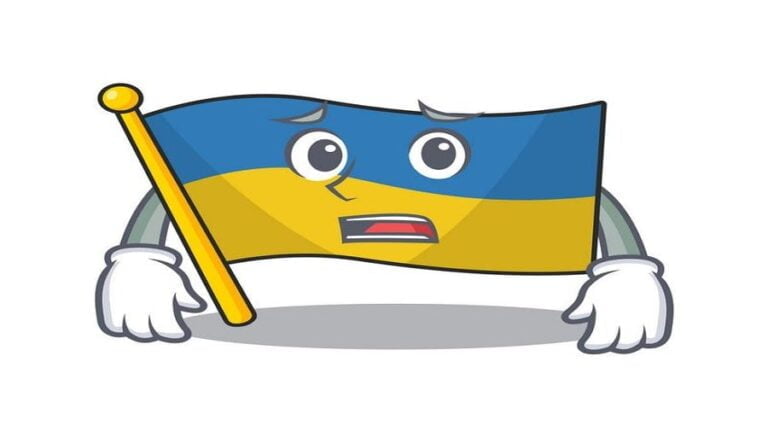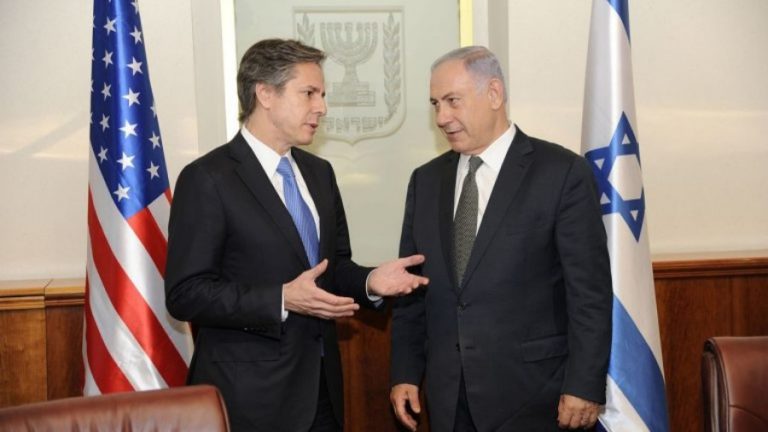Is A “Great War” on Israel’s Horizon?
After more than a century the Zionists seem poised to deliver the coup-de-grace to Palestine, by annexing the West Bank. Limited in the first place to the settlements, it would be the forerunner to the annexation of the entire territory. The status of the Palestinian population would continue to be held in limbo until a permanent solution appears. After annexation, some might leave. The greater the number the greater the satisfaction for Israel, but two mass expulsions have taught the Palestinians that they must stay. There could still be a third wave of expulsions, with war again providing the smokescreen and, again, war is beckoning.
The Zionist founders never wanted anything less than all of Palestine. From the start they knew they would have to eject the indigenous population. The ‘binationalism’ of Martin Buber was a nice idea that had no traction in the political class. The intentions of the Zionist leadership had to be hidden until the colony had reached the point where it had the physical force to take Palestine over.
Weizmann and others proclaimed nothing but good intentions, nothing but wanting to live alongside the Palestinians and as for wanting a Jewish state, that was the furthest thing from their mind. Only in their diaries did they record what they really wanted, from Herzl’s wish to spirit the ‘penniless population’ out of Palestine to the conclusion in 1940 of Yosef Weitz, the director of the land settlement department of the Jewish National Fund that there was no room in Palestine for the settlers and ‘the Arabs’. The latter would have to go. These intentions were not anomalous but representative of what the Zionist leadership realised would have to be done if Palestine was to be theirs.
As the Palestinians would fight to the last, the land could be taken only by force. Step by step the Zionists were able to move forward towards this objective. The British helped by suppressing the Palestinian uprising in 1936-39, the first intifada, decapitating the populist leadership that would have led the struggle against the Zionists in the 1940s. Thousands were killed and many more arrested.
The partition plan of 1947 did not represent the genuine wishes of UN members. It was imposed on the General Assembly by threats made to vulnerable members by the US and would never have passed otherwise. Israel benefitted from it politically but had no intention of adhering to its provisions, which would have left the Palestinians intact, three times the size of the Zionist settler community. The war of 1948 was a war of necessity: without the ethnic cleansing of Palestine there could have been no Israel.
The mass expulsions of 1948/49 were followed by a second bout of expulsions in 1967, followed by the slow strangulation of the Palestinians on the West Bank and Gaza, with Israel using all means possible, military, economic and pseudo-legal. There were other wars, all aimed at consolidating and expanding the Zionist hold on Palestine and destroying Israel’s enemies: Suez 1956, Lebanon 1978, 1982 and 2006, Gaza on numerous occasions, along with innumerable border ‘incursions’ taking, altogether, the lives of tens of thousands of Arab civilians.
There was also a ‘peace process’, an initiative of the PLO, which Israel only followed up to see what it could get out of it. Launched in 1993 it was clearly finished as early as 1995, although the corpse continues to pulsate to the present day. The ‘peace process’ was a diplomatic ruse giving Israel more time to strengthen its hold on the territories taken in 1967. Yasser Arafat was accepted as a negotiating partner and when there was nothing more he could or would give, Israel turned the peacemaker back into a terrorist and killed him. Mahmud Abbas (Abu Mazen of revolutionary days) followed Arafat, taking on the role of Israel’s tribune in the West Bank, also only to be discarded once Israel no longer had any use for him.
On the back of endless settlement-building and Trump’s recognition of Jerusalem as Israel’s capital (rejected by virtually the rest of the world), along with a subsequent cut in US aid to UNRWA (the UN Relief and Works Agency for Palestinian refugees), the PLO is now threatening to ‘derecognize’ Israel. If this takes the ‘Palestine problem’ back to 1948, that is only appropriate, because Israel has never left it.
The time taken up from 1993 until now has allowed Israel to plant hundreds of thousands more settlers on the West Bank, whom it says cannot be removed without the risk of civil war. That might be true but the state put them there to stay, as they are bringing the Zionist project closer to fulfilment, and has never had any intention of removing them. Israel now intends to ‘legitimize’ what until it has called illegal settler ‘outposts’, as if there is any difference in international law between the complete illegality of the settler presence on the West Bank, whether in the settlements or in the outposts set up by the ‘hilltop youth’, running amuck whenever and wherever they please, beating, burning and destroying. They are protected by the state and no wonder, as this is a state which has run amuck for more than seven decades.
The bellwether of the Zionist flock now is Naftali Bennett, the education minister, who has just spoken of ‘the end of the era of the Palestinian state and the beginning of the era of sovereignty’, by which he means Israeli annexation of the West Bank and sovereignty over all of Palestine. If there is a difference between Bennett, a likely next Prime Minister, and Netanyahu, it is only that the former speaks more plainly about his intentions. The glib Netanyahu, still seeing benefit in talking of a ‘peace process’, has others in his party to speak as openly as Bennett does. Tzipi Hotovely, for example, the Deputy Foreign Minister, also speaks of annexation: she can’t wait to see the Israeli flag flying over the Haram al Sharif and regards the former soldiers belonging to the protest movement Breaking the Silence as ‘war criminals.’
Bennett is only pointing in the direction Israel will be taking sooner or later. From the Zionist point of view the next substantial move has to be annexation. The peace tactic has been played out to the end, the two-state solution is dead (insofar as it ever lived), there is nothing more to be squeezed out of the Palestinian Authority and in Washington Israel has a friend, Donald Trump, who is delivering as much and more (recognition of Jerusalem as Israel’s capital) than any previous US president going back to 1948: only Truman’s recognition of Israel the moment the state was declared compares. What can come next now but annexation? Bennett thinks the tide is turning in Israel’s favour and insofar as backroom dealings with gulf governments and even more lavish support from the US, he is right.
But is this enough to think the game is over and Israel has won, game, set and match? Perhaps not: perhaps not at all. This issue is not just about the Palestinians and never was. It is an Arab issue, a Muslim issue, a human rights issue and a world issue. It has not gone away and it will not go away. Ahed Tamimi, slapping an Israeli soldier on the face after he struck her (did anyone notice? Certainly not the mainstream media) and now locked away indefinitely for this heinous crime, is the latest example of Palestinian fortitude in the face of oppression.
From the beginning, however brave and steadfast, the Palestinians faced forces which no small group of people could overcome on their own: the British, the Zionists, the United States and the enormous resources they have poured into the occupation of Palestine over the past century. However, Palestine is not just a Palestinian issue and not just a broader human rights issue: it is an issue that goes to the heart of Arab history and identity. The road back to Palestine would always have to run through the Arab world. That was clear virtually from the beginning. So far, two Arab governments (Egypt and Jordan) have signed ‘peace’ treaties with Israel. These paper arrangements between governments have no popular support in either Egypt or Jordan: it is not that their people do not want peace, but that they are not prepared to sacrifice Palestine to get it. There is a slumbering giant here which Israel seems to think will slumber forever. The people are the dynamite at the end of the wick. In the right circumstances and by the right leaders they can be mobilized, as they have been before.
As a racist state Israel has a long history of treating ‘the Arabs’ with contempt or thinking them not capable of doing what they ended up doing. The prime example is 1973 when the Egyptians launched a brilliant cross-canal operation and caught the Israeli troops completely by surprise. They broke and ran and had not Sadat betrayed Hafiz al Assad, by calling the Egyptian offensive off after a week, Israel could have been driven out of the Sinai and off the Golan Heights as well. Only further US intervention (it was already directly intervening by airlifting military supplies directly into Sinai) could have prevented an Israeli defeat. In occupied southern Lebanon, Israel suffered shock after shock. It was outthought and outfought by Hezbollah, and effectively cut and run in 2000. It had another go in 2006, and was humiliated again, which is why Israel is determined to destroy Hezbollah next time, even if Lebanon has to be buried with it.
Naftali Bennett was one of Israel’s soldiers in Lebanon. He projects a tough guy persona. ‘I have killed lots of Arabs in my time and there’s no problem with that’, he has said. Among ‘the Arabs’ he has helped to kill were the more 100 Lebanese civilians, many of them children, who had taken refuge in the UN compound at Qana, southern Lebanon, when it was shelled by an invading Israeli force in April, 1996. One man lost 31 members of his family, including nine children. Bennett was a member of the so-called ‘elite’ Maglan unit. When his detachment was caught in an ambush by Hezbollah he called for help from an artillery unit. According to another officer, when he came on the line, Bennett was hysterical, but the shells came in and saved him, 13 exploding in the UN compound. Israel’s claim that it was a mistake was belied by UN Secretary General Boutros Boutros Ghali, who filed a report with the Security Council showing that the bombing was unlikely to have been an error, given that the compound had been under reconnaissance by Israeli drones and helicopters. He lost his second term in office as a result, the US refusing to support him and backing Kofi Annan instead.
Bennett regards himself and his former military comrades as warriors. This is not an opinion shared by Hasan Nasrallah, on the basis of all the experiences Hezbollah has had with the Israelis. In a recent interview on Al Mayadeen television station Nasrallah derided the fighting capacity of Israeli soldiers. In his eyes the achievements of the resistance in Lebanon and Palestine had shattered the myth of Israeli invincibility (a myth actually shattered at least as far back as the war of 1973). Hezbollah and allied forces had fought the takfiris for more than seven years in Syria and more than three years in Iraq. This was an enemy going into battle with squads of suicide bombers, an enemy ready to die ‘without limit’, compared to the Israelis whom, Nasrallah said, do not move forward unless they are preceded by armor, followed by ambulances and protected by fighter jets and helicopters overhead. ‘Such a soldier is defeated beforehand. He is a coward with no will to fight.’ Fighting the Islamic State was much more difficult than fighting Israel, which it was possible to defeat ‘bila shaq’ (without doubt). It was the human factor that gave the resistance the edge.
Nasrallah referred repeatedly to the coming ‘great war’ with Israel, which would involve not just the ‘axis of resistance’ (Iran, Iraq, Syria, Lebanon, Palestine and all organizations in the Arab world ‘that support this path’) but hundreds of thousands of Arab volunteers. Nasrallah said Sayyid Abd al Malik al Houthi had promised to send tens of thousands of fighters volunteers even if the Saudi-Yemeni war continued. This war, which Nasrallah has frequently said Hezbollah would carry across the armistice line into Galilee, and would stretch along the whole Lebanese and Syrian front with Israel, has been the central theme of all his recent interviews.
Israel’s strategy from the start will be the total destruction of Hezbollah as quickly as possible and as much of Lebanon as is needed to destroy Hezbollah. Air power will be the crux of Israel’s war strategies, as it has been in the past. This is what Hezbollah and its allies will have been working on for years to neutralize. That Israel is actively preparing for war is clear from the air and ground exercises it has held in the past six months, combining air, naval and ground forces, robotics, fighting in tunnels and the evacuation of civilians from the northern region up to the armistice line with Lebanon. The Israeli general staff has effectively acknowledged the poor performance of troops on the ground, in Gaza or in Lebanon in 2006 by increasing the ratio of soldiers and officers from a religious settler background, more strongly motivated to fight, it thinks, than young men from a secular background.
There is no doubt that the Israeli general staff analyses every word Nasrallah utters, takes him seriously and has respect for him on the basis of Hezbollah’s military achievements but little of what he says reaches the ‘western’ mainstream media. He is just the bushy-bearded cleric regularly presented as Iran’s proxy in Lebanon as if he has no mind of his own, rather than having one of the most impressive minds in the Middle East. Nasrallah never indulges in loose talk and talks only of the ‘possibility’ of a coming great war, so as not to alarm people, when clearly in his mind it is not just a probability but a war that will bring the historical confrontation with Israel to an end point. By inflicting a crushing defeat on its enemies, this is certainly what Israel will have in mind. Hezbollah is prepared and Nasrallah thinks it can win.
The very idea that Israel could be defeated on the battlefield has no place at all in a ‘western’ discourse built as it has been on media bias and centuries of anti-Arab and anti-Muslim bias. It would be regarded as unthinkable, nonsensical, and laughable. Israel has setbacks but it does not lose wars: the possibility does not exist in minds conditioned by endless media bias. Such a war should be regarded with dread: as Nasrallah says, no-one could say where it might not lead, but with all options for peace destroyed, the pendulum inevitably swings in this direction. Has Hasan Nasrallah drifted away from reality, talking of victory and the hundreds of thousands of fighters who will join this coming war, or does he know something that we don’t? He obviously knows many things that we don’t but to defeat Israel, its offensive and defensive air power would have to be neutralized. Have Hezbollah and Iran worked out how to do this? Is this the source of his confidence? We will have to wait for the war to find out.
By Jeremy Salt
Source: American Herald Tribune

